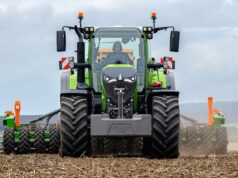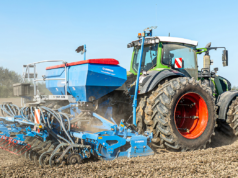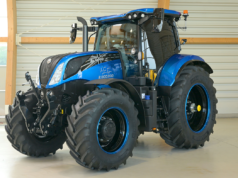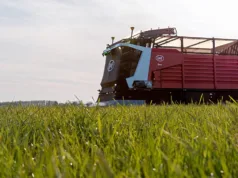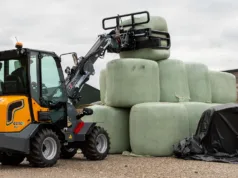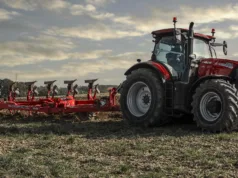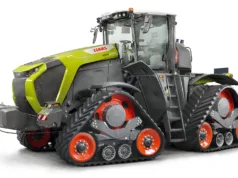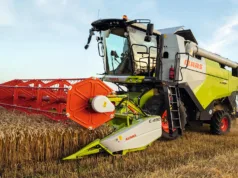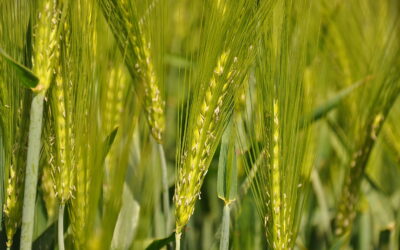
Testing of more than 300 samples of over-yeared hybrid barley seed that last year’s washout autumn prevented growers from drilling has shown high levels of germination have been retained – averaging 96 per cent across all samples.
The tests, which Syngenta made freely available to UK growers of its hybrid barley seed originally purchased for planting in autumn 2019, were in recognition of the challenging season being faced on-farm, the company’s head of seed crop sales for the UK and Ireland, James Taylor-Alford said.
Of the seed samples tested, nearly three-quarters were of the popular hybrids SY Kingsbarn and Bazooka – each of which averaged 97 per cent germination. A further one-fifth of samples were made up of the hybrids Belmont, Belfry, Libra and SY Kingston, each of which also averaged 97 per cent germination. Three seed samples of the hybrid SY Baracooda averaged 94 per cent germination.
The lowest average germination level achieved, which was from just five samples of a specific batch of an older hybrid, Sunningdale, which Mr Taylor-Alford said had been over-yeared for three years, was 74 per cent. Guidance will be given to growers who submitted these samples on how to respond.
“After the very challenging growing season it’s nice to share some good news with growers that the high-quality seed supplied maintained such high levels of germination after a year in storage,” Mr Taylor-Alford said. “Anyone who didn’t take up this offer of free hybrid barley seed testing when it was available, we would still urge them to have their over-yeared seed tested at their local laboratory before planting, according to best practice.
“By knowing your percentage germination and your target plant population, and taking account of other factors, such as the normal plant losses you experience, the number of seeds that should be planted per metre squared can be more accurately calculated.
“Taking into account potential plant losses becomes even more important if planning to drill later and in poorer conditions. A recent poll we conducted indicated that while 90 per cent of hybrid barley growers who took part were planning to drill their hybrid barley at their normal time, seven per cent were planning to drill later,” Mr Taylor-Alford added.
“Hybrid barley offers numerous advantages, not least high yields and grain quality, early maturity to help with timely establishment of following crops, and excellent suppression of grass weeds. Accurate seed rates provide the foundation for many of these benefits.”
For more information visit: www.syngenta.co.uk.


